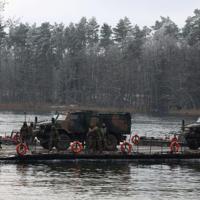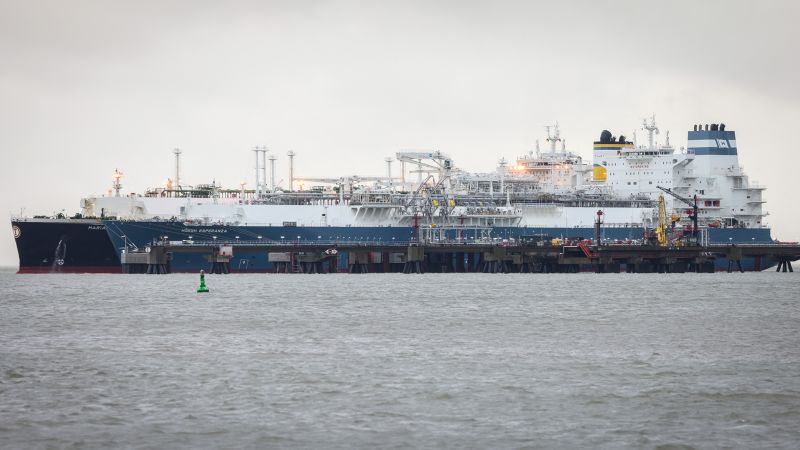World
Stoltenberg: Europe not secure without Türkiye – World News

BERLIN
Outgoing NATO Secretary-General Jens Stoltenberg has said that both sides of the Atlantic need each other in the face of growing challenges, noting that there is no secure Europe without Türkiye, Norway, the U.K. and U.S.
“We have heard voices on both sides of the Atlantic calling for America and Europe to part ways. Focusing on short-sighted national interests over longer-term cooperation will not serve us well,” Stoltenberg said in his farewell speech in Berlin on Sept. 19.
Only NATO can ensure safety and peace in Europe, he said, revealing that 80 percent of the alliance’s defense spending comes from non-European Union allies.
“Without Türkiye in the south, Norway in the north, and the U.S., Canada and the United Kingdom in the west, it is impossible to envisage the security of the European continent,” he said.
“Isolationism will not keep anyone safe. We live in an interconnected world. Security challenges are too big and competition is too fierce for any country to go it alone,” he added.
He noted that the alliance also serves U.S. interests as much as it does Europe’s.
“No other major power has as many friends and allies as the United States. Any policy that seeks to undermine this is squandering one of America’s greatest assets.”
Turning to the war in Ukraine, Stoltenberg said that supporting Kiev is the way to bring Russia to the negotiation table, which would lead to peace.
“The paradox is that the more weapons for Ukraine we are able to deliver, the more likely it is that we can reach peace and an end to the war. And the more credible our long-term military support, the sooner the war will end,” he added.
Stoltenberg is set to hand over the reins of the Western military alliance to former Dutch Prime Minister Mark Rutte on Oct. 1 after a tumultuous 10 years.
During that time, he has helped oversee a major increase in defense spending from European members spurred by pressure from Washington and, more importantly, Russia’s war on Ukraine.
At the last count, 23 of NATO’s 32 countries were set this year to reach the alliance’s target of spending two percent of their gross domestic product on defense, set in 2014.
“The good news is that we have delivered on the pledge we made 10 years ago,” Stoltenberg said.
“The bad news is that this is no longer enough to keep us safe.”










